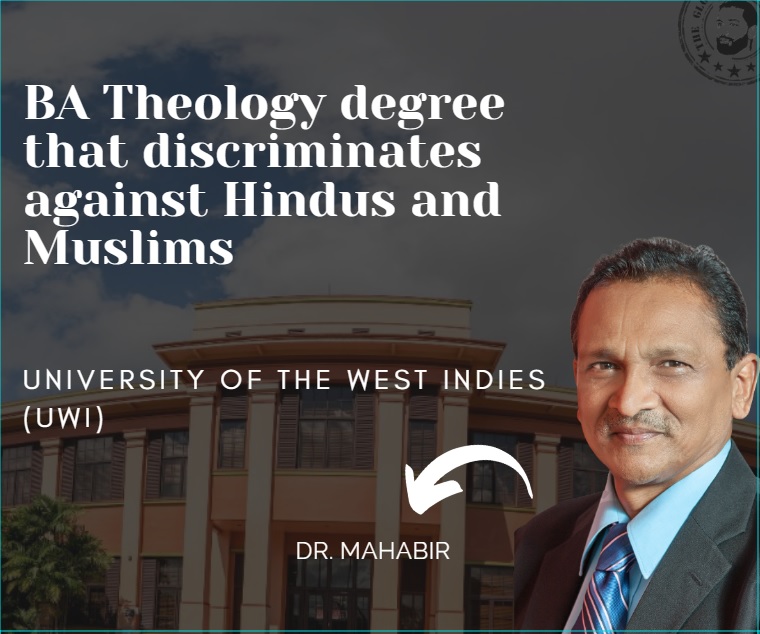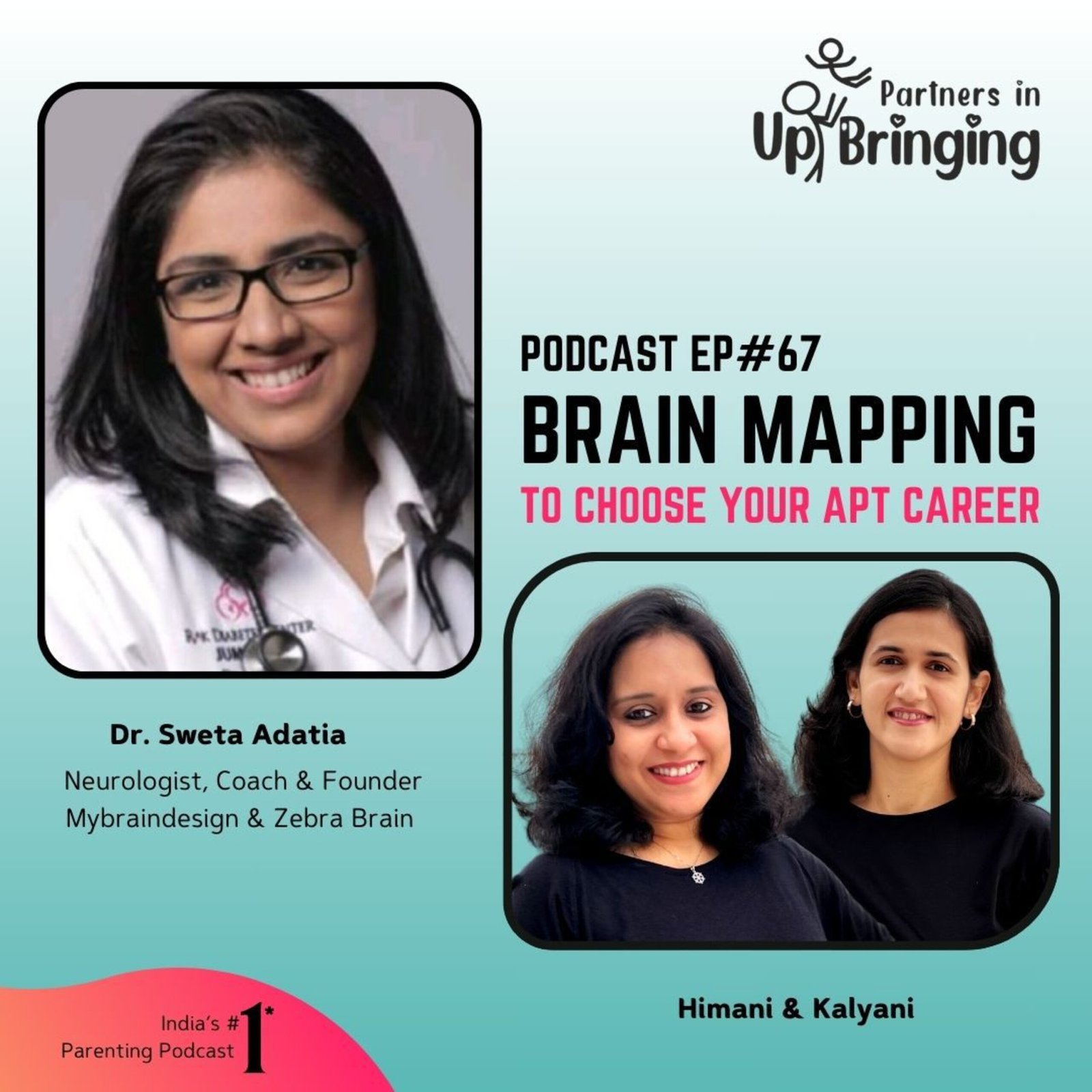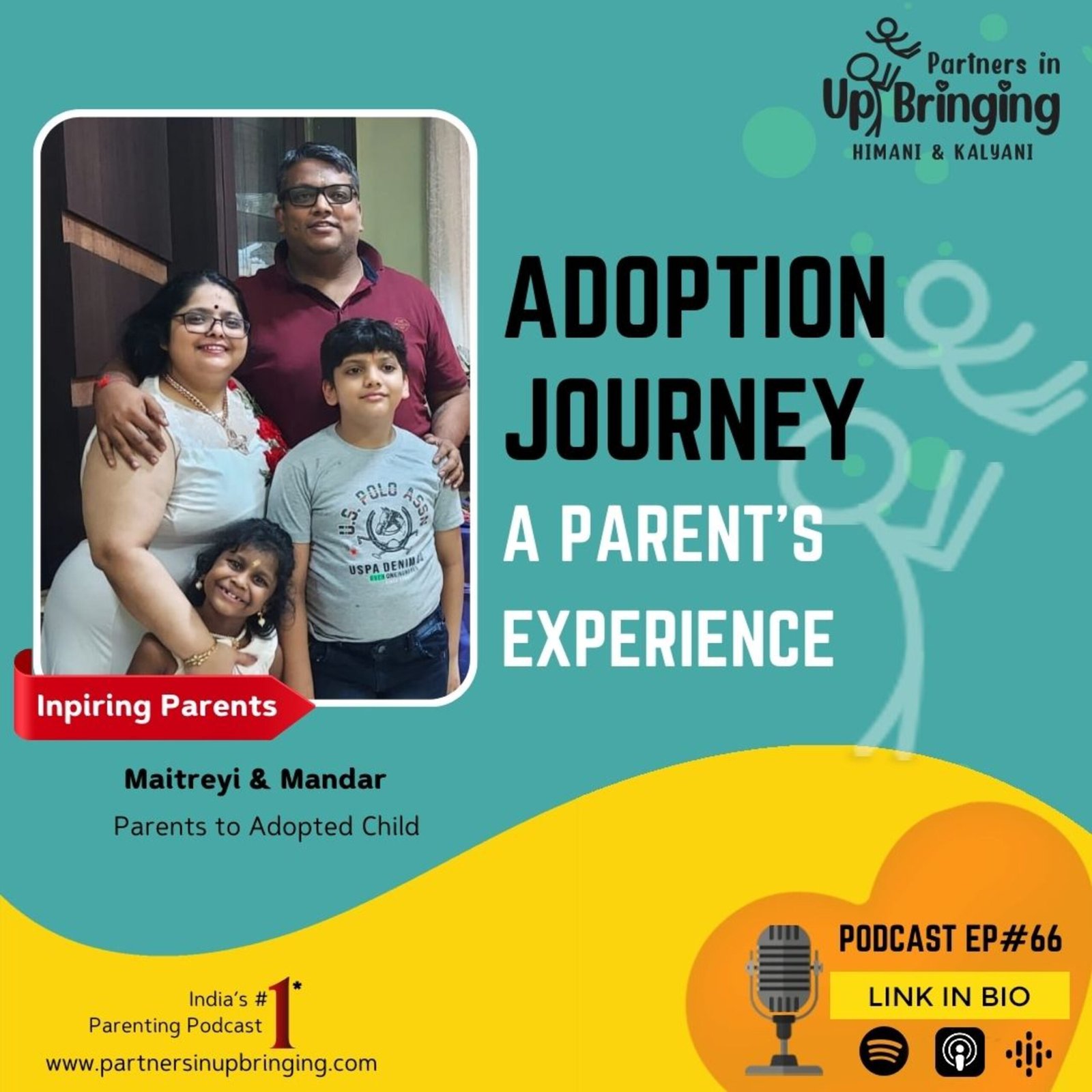University of the West Indies (UWI): BA Theology degree that discriminates
It sits innocently in the Undergraduate Humanities Programmes list, alphabetically bookended by Theatre Arts and Visual Arts. Yet the University of the West Indies (UWI) Bachelor of Arts BA Theology degree is a jarring testament to the religious and ethnic discrimination that still exists in the highest institution of education in our nation, paying lip service to diversity, equity and inclusion as core values.
Taught every year at the St Augustine (Trinidad) campus by members of the Seminary of St John Vianney and the Ugandan Martyrs since 1970, UWI’s Theology degree is unapologetically Christian and Catholic in content. The syllabus comprises courses in Biblical and Pastoral Studies, History of the Christian Church in the Caribbean, Perspectives in Christology, and Principles of Christian Ethics.
But Trinidad and Tobago is an ethnically diverse society. While the largest segment of the population is Christian, a significant portion – almost 20% – is Hindu, 5.7% is Spiritual Baptist /Shouter, 5% is Muslim, and a small proportion is Rastafarian, Orishan and other denominations. Moreover, a growing percentage considers itself non-religious (2.2%) or does not choose to state its religion (11.1%). Ideally, the theology programme at the nation’s prime tertiary institution should reflect this diversity. But this is not the case, despite it not even being the first time that this concern has been raised.
Almost 20 years ago, Parshuram Maharaj, an executive member of the Sanatan Dharma Maha Sabha, wrote a well-reasoned letter, published in the Newsday on October 7, 2003. He pointed out that while the meaning of theology has traditionally been restricted to a narrow understanding due to its Greek and Christian origin, in the broadest sense, it is widely accepted as meaning “the science of God or of religion; the science which teaches of the existence, character and attributes of God, his laws and government, the doctrines we are to believe, and the duties we are to practice; divinity". He called on UWI to offer a Theology degree that reflected and represented the entire religious spectrum, as many of the leading universities of the world now do.
The University of Oxford, for example, which has a long history of preparing young men for the church, now offers Sanskrit, Pali and Qur’anic Arabic with New Testament Greek, Biblical Hebrew and Church Latin, and includes courses on Buddhism, Hinduism, Islam and Judaism. Harvard University provides courses in African and Afro-Atlantic Religions, Ancient Near Eastern / Israelite religions, Buddhism, Christianity, East Asian religions, Greek-Hellenistic-Roman religions, Hinduism, Islam, Judaism, Religion in the Modern West / Religions of the Americas, and South Asian religions.
While no one is expecting UWI to provide so many alternatives, what it offers now fails the needs of this nation’s diverse population. There are private universities in Trinidad and Tobago that offer exclusively Christian theology programmes, as is their right to do so. But UWI is a not a private university. It is a public institution funded by taxpayers – Christian, Hindu, Muslim, Spiritual Baptist /Shouter, Orishan, Rastafarian, atheist, etc. – all taxpayers.
Since Maharaj’s impassioned plea 20 years ago, nothing has changed. Is it any wonder, though, for according to UWI’s most recent prospectus, the Theology Department comprises 2 bishops, 2 monseigneurs, 5 nuns and 16 reverends among its 27 academic staff? Not a lot of religious diversity there. In UWI’s Theology degree, Hinduism, Islam and “Afro-Caribbean Expressions” are mentioned in just one course – Comparative Religion – out of a total of 38.
But this must change, even it has to be taken to the Privy Council by my eminent attorney, Anand Ramlogan, SC.
In her induction speech on January 22, 2023, the new Principal of the St Augustine Campus of UWI, Professor Rose-Marie Belle Antoine, spoke compellingly of the need for UWI to be more inclusive and to play a key role in healing wounds in our society. An excellent starting point for this, if such encouraging words are to be taken seriously. The new Principal should now remove religious bias from the Theology Department and provide complementary Hindu and Islamic programmes, while a certificate or diploma programme can be introduced for smaller religious groups.
Why not allow non-Christian religious denominations to design and deliver their own programmes with university funding, support, cooperation and supervision, as the Catholic seminary has been doing since 1970? There could at least be a Centre for Hindu Studies similar to the Oxford Centre for Hindu Studies. Muslims and others could also create their own syllabi. The sooner this happens the better. In 2019, UWI registered only 11 new admissions to, and 4 graduates from, the Theology Department, suggesting that a serious overhaul is needed in order to create dynamic programmes relevant to our whole society. This will be a vital step on the path to making Trinidad and Tobago a nation where “every creed and race” can truly “find an equal place”
Dr. Kumar Mahabir is an anthropologist, university lecturer, and the Executive Director of the weekly Indo-Caribbean Cultural Centre
-------------------------------










